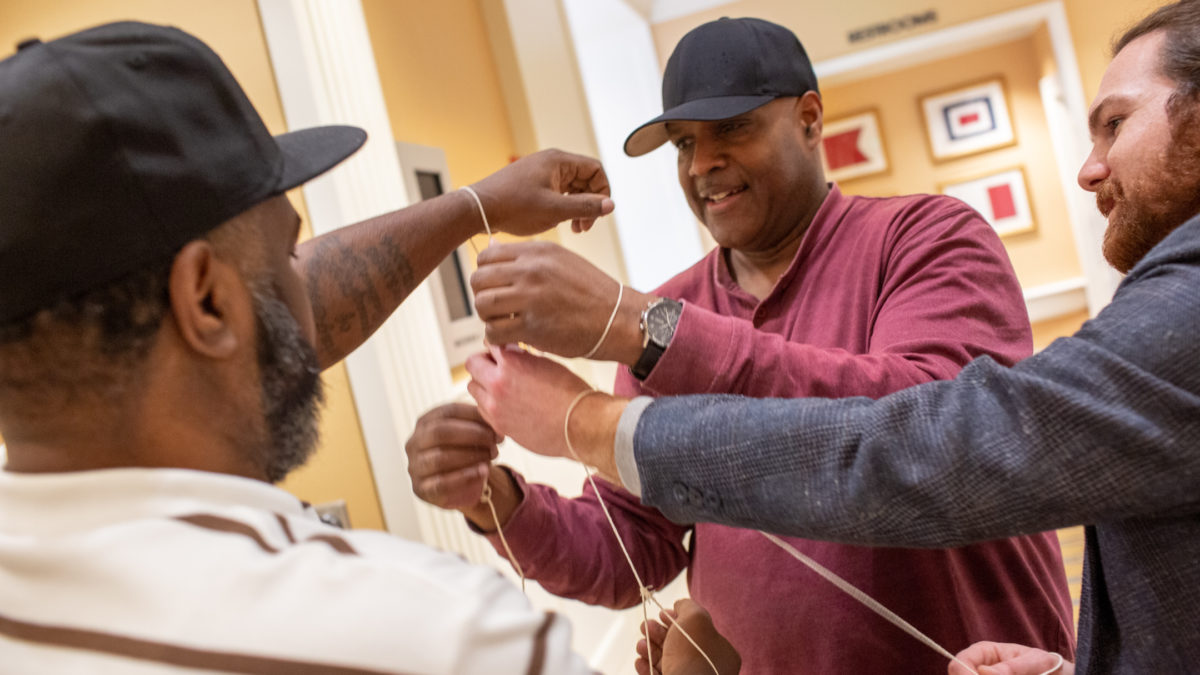Up to 80 percent of employees in any given organization report to front-line leadership. The front-line is the voice of management and the agent of change, said Patricia Richards, Vice President, Organizational during her Front-Line leadership session at Hearthside Food Solutions. She’s one of the food industry’s leading Organizational Development professionals, always having worked around aligning skills and capabilities that drive success.
Front-Line Workers
“[Those on the front-line] are the folks who really build the culture, they touch the culture in many ways, and they work on identifying what’s going on, on the shop floor, to problem solve it or raise those issues in the organization,” says Richards.
Depending on the organization, front-line leaders may look like team leaders, managers, or supervisors. We count on them to fix any issue independent of their bosses. They are expected to take charge.
Be Everything to Everybody
The list of duties that are expected to complete are long. They are intended to act as a sort of jack-of-all-trades, being schedulers and cheerleaders, trainers and disciplinarians.
They should be capable of:
- Scheduling all changeovers on time
- Holding employees accountable for not following procedures
- Making sure they have a high view of what’s going on in the bakery operation
- Keeping performance at an all-time high while remaining efficient
- Keeping engagement and morale high among employees
- Communicating all news and new procedures while keeping the feedback line open
- Making sure that all employees have the correct, up-to-date training
- Managing all cleaning, sanitization and needed repairs of equipment
And that’s just overt expectations. They also act as the middleman between their bosses and the employees who report to them.
Front-line leaders are the beneficiaries of feedback from workers and are expected to manage inefficiencies on the floor and identify other issues that could be fixed or improved.
Richards says front-line leaders should be encouraged to think up new opportunities for revenue growth, troubleshooting processes, quality control, keep employees safe, and how to minimize downtime.
Empowering Front-line Workers
But how can you equip your front-line leaders to leverage their skills and experience to deal with those behavioral, personnel, and morale issues? According to Richards, front-line leaders can independently fix a problem 30-40 percent of the time. After that, they need better resources to tackle the issue and find a solution.
“Helping your supervisors, so they know how and when to engage is one of the first steps to making sure they show up and do what you need them to do,” says Richards.
Employee behavior issues are prevalent at bakery plants. Still, research has shown that if you give immediate, specific, sincere, and personalized feedback, you increase the likelihood of their excellent behavior repeating. Richards calls it, Repetition on the Go.
Repetition on the Go
The personalized feedback, she says, needs to be given in under 15 seconds to maximize time. There are three steps:
- Acknowledge the employee’s action
- Say why this action is vital to the company’s mission and KPIs
- Thank them
For example, “Hey Linda, thank you so much for wiping up that spill so quickly. We definitely don’t want to risk anyone falling and hurting themselves and you know safety is critical at this plant. Thank you!”
Richards has seen in her experience and related research that this type of feedback creates an environment of positive energy creating better morale and a happier workplace.





